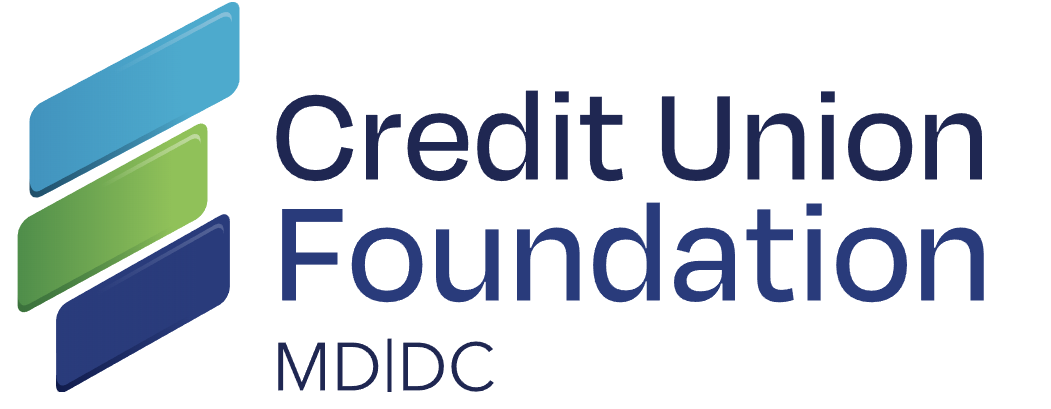Taking out a loan is a big decision that can impact your finances for years. Whether you’re borrowing for a car, a home, or personal needs, understanding the process and preparing ahead of time can help you secure better terms and avoid common pitfalls.
Start by checking your credit report and credit score. These are key factors lenders use to evaluate your application. You can request a free credit report annually from each of the three major credit bureaus. Look for errors or outdated information that could hurt your score and dispute them if needed. A higher credit score generally means lower interest rates and better approval chances.
Next, evaluate your current financial situation. Calculate your debt-to-income ratio by dividing your total monthly debt payments by your gross monthly income. Most lenders prefer a ratio below 43%, though credit unions may be more flexible. Knowing this number helps you determine how much you can realistically afford to borrow without straining your budget.
It’s also important to shop around for loan options. Compare interest rates, repayment terms, fees, and any prepayment penalties. Credit unions often offer lower rates and more favorable terms compared to traditional banks, especially for members in good standing. Don’t hesitate to speak with a loan officer who can explain your options and help you choose the right product.
Lastly, read the loan agreement carefully before signing. Make sure you understand the repayment schedule, total cost of the loan, and your obligations. Taking out a loan should help you reach your goals without compromising your financial well-being. With preparation and knowledge, you can borrow confidently and responsibly.












